How is heterodox economics relevant for understanding the world? How can hetecon theories, e.g. those of production & reproduction, help us understand both causes & consequences of #COVID__19? What are the gender, race & class implications of the pandemic?
CfP Deadline May 15th!
CfP Deadline May 15th!

We are particularly excited about the confirmed plenary speakers thus far:
Leading feminist activist in Argentina & historian Dora Barranco brings important insights regarding the role of #hetecon in Argentinian policy and activism in particular.
awid.org/news-and-analy…
Leading feminist activist in Argentina & historian Dora Barranco brings important insights regarding the role of #hetecon in Argentinian policy and activism in particular.
awid.org/news-and-analy…
Chantal Naidoo brings crucial expertise regarding development finance strategies, incl. regarding sustainability transition processes & rethinking finance theories for sustainability. Essential for a discussion on how to understand & respond to #COVID_19.
e3g.org/people/chantal…
e3g.org/people/chantal…
@JKSteinberger brings an important perspective connecting resource use and societal performance, which is essential for understanding #Covid_19. Check out her recent piece on the pandemic 👇opendemocracy.net/en/oureconomy/…
@nssylla brings an important radical development economics perspective on the role of hetecon globally.
Check out this interview with him on the Declaration of African Intellectuals concerning #Covid_19 darajapress.com/2020/04/30/dec…
Check out this interview with him on the Declaration of African Intellectuals concerning #Covid_19 darajapress.com/2020/04/30/dec…
The @ysi_commons Economic Development and History of Economic Thought Working Groups will also run a plenary and a YSI session, with a focus on pluralism as well as capitalism, COVID19 and the Global South. The CfP is still open for the YSI session as well.
The AHE abstract submission deadline is May 15th, 2020. The conference will now take the form of a webinar series that will run throughout July. Please submit & spread the word so that we can bring interesting and diverse perspective on heterodox economics and covid_19 together!
and here's the link hetecon.net
Another keynote added: the excellent Sheila Dow! She'll bring a sharp methodological awareness in fields of macro, money & banking & the history of thought to conference discussions.
Recently, she asked Pluralist economics: is it scientific? Check it out: dspace.stir.ac.uk/retrieve/3fe82…
Recently, she asked Pluralist economics: is it scientific? Check it out: dspace.stir.ac.uk/retrieve/3fe82…

We're excited to add another keynote: @SaalaJeng
(@africanstudies)! With a specialty in Agrarian Political Economy, Social Reproduction, Food and Capitalism in Africa, she'll bring a crucial perspective to our discussions on heterodox economics globally. cas.ed.ac.uk/people/core_st…
(@africanstudies)! With a specialty in Agrarian Political Economy, Social Reproduction, Food and Capitalism in Africa, she'll bring a crucial perspective to our discussions on heterodox economics globally. cas.ed.ac.uk/people/core_st…

And on that note... The @hetecon conference deadline is today! Get those abstracts in!
We're very pleased to have @jasonhickel with us at #AHE2020 as a plenary speaker. Hickel's research focuses on global inequality, degrowth & ecological economics. His perspective will be crucial for the discussions on how to avoid global justice in an age of ecological breakdown. 

AHE's collaborator @ysi_commons is bringing two excellent plenary speakers to the conference as well:
Prabhat Patnaik is a pioneering Marxist and has written extensively on macroeconomics and political economy. His most recent book is A Theory of Imperialism with Utsa Patnaik.

Prabhat Patnaik is a pioneering Marxist and has written extensively on macroeconomics and political economy. His most recent book is A Theory of Imperialism with Utsa Patnaik.
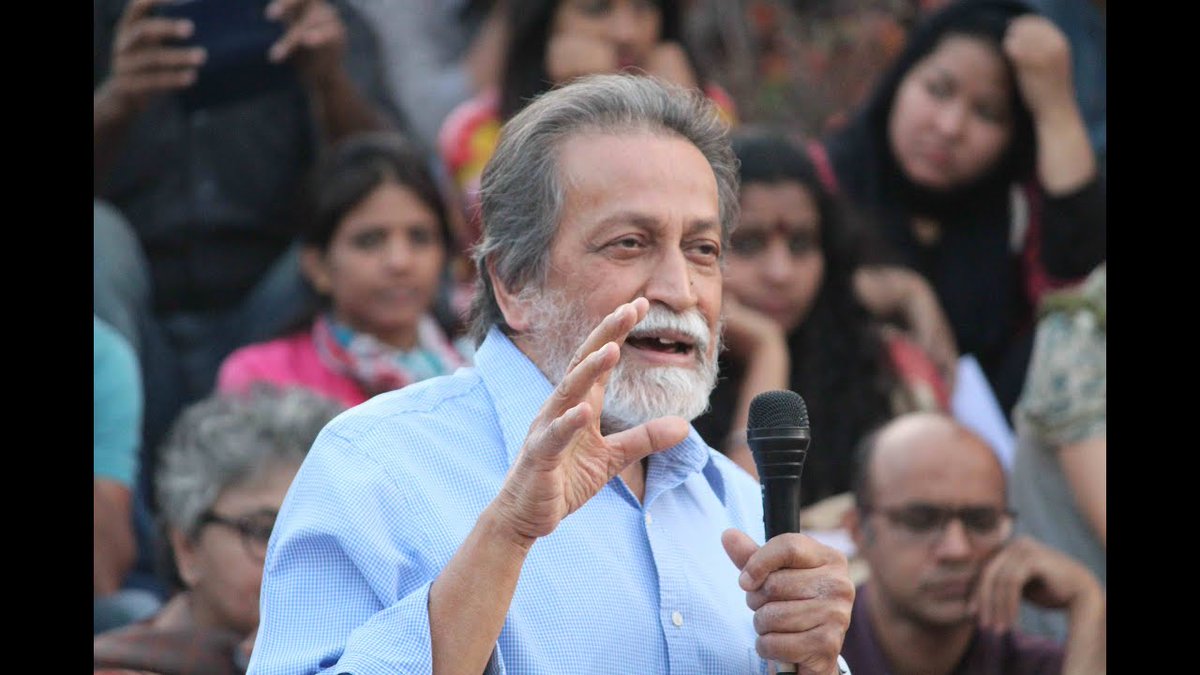
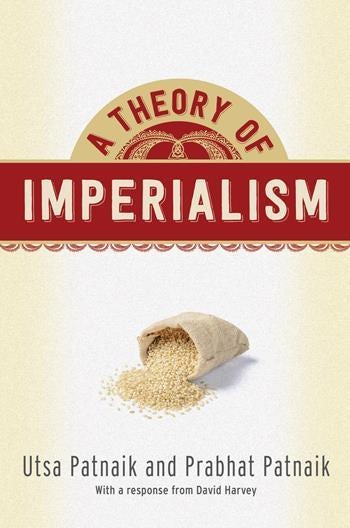
Eiman O. Zein-Elabdin is Professor of Economics at @FandMCollege. She has written extensively on postcolonial thought, economic development, the political economy of Africa, gender and economics & institutional economics. Her most recent book is Economics, Culture & Development. 
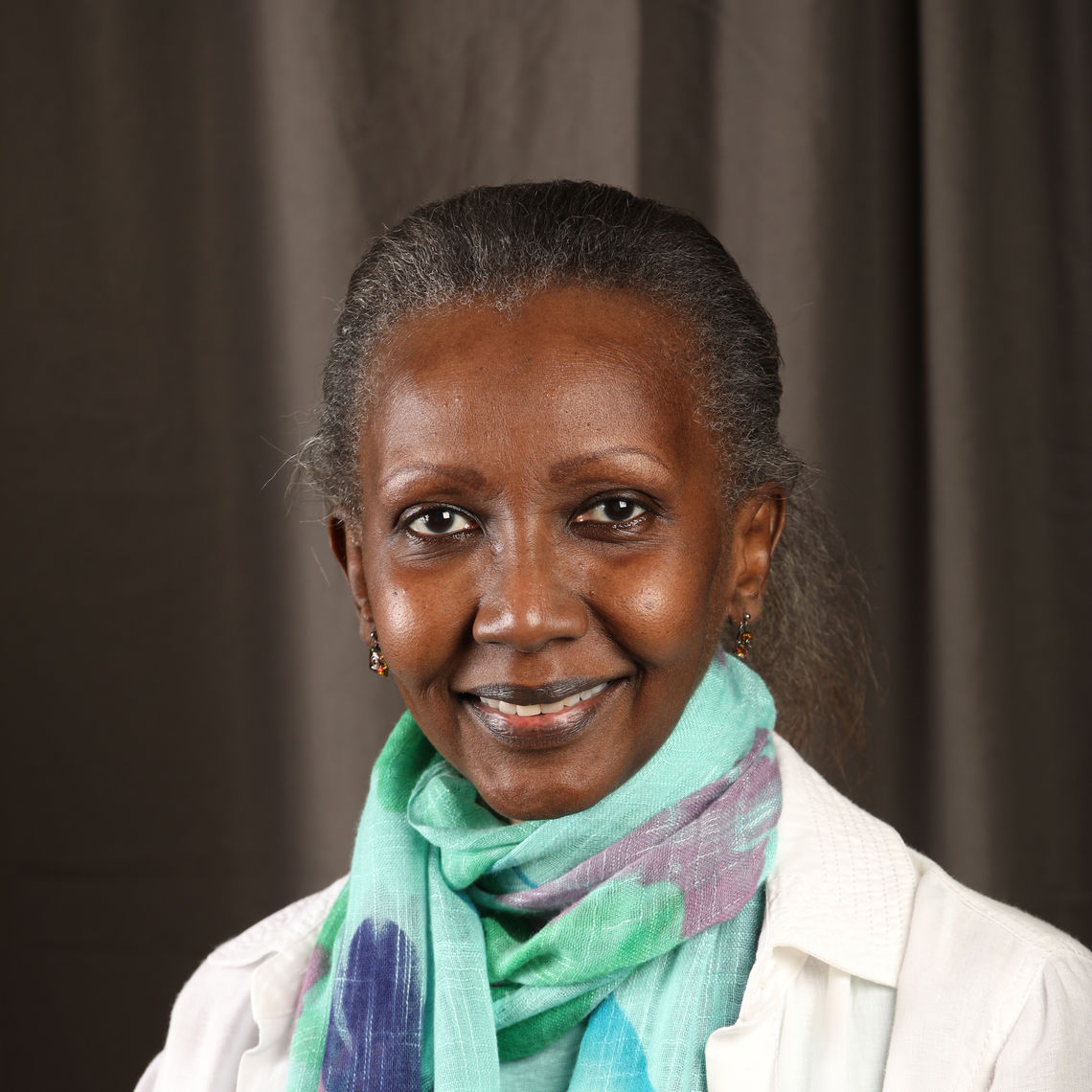
Provisional programme for the @hetecon Annual Conference on The World Transformed: The Contributions of Heterodox Economics Globally is now up here hetecon.net.
Excited about the super exciting lineup of speakers, speaking from a wide range of perspectives.
#AHE2020



Excited about the super exciting lineup of speakers, speaking from a wide range of perspectives.
#AHE2020




While there are a variety of interesting contributions, #AHE2020 focuses specifically on what role #hetecon can play in understanding & addressing #COVID19 & how #hetecon is understood differently in different contexts, w/particular reference to the Global South.
More info soon.



More info soon.


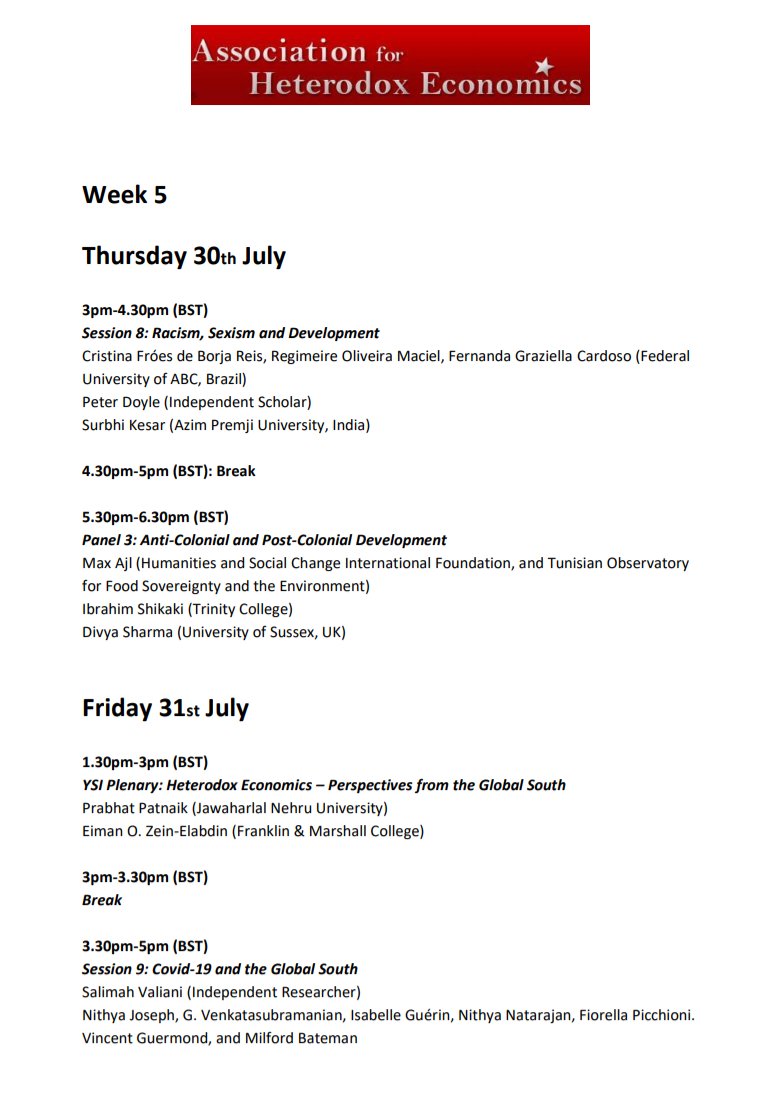

@hetecon was a bit overwhelmed with the amount of submissions this year. Many, many *high quality* abstracts could not be included, even after the number of sessions was doubled. We're therefore working on setting up an asynchronous forum to run paralell with the online sessions.
Finally, the eminent @ymadra of @DrewUniversity/@RethinkMarxism joins us as a Plenary Speaker on the @ysi_commons Closing Plenary on Heterodox Economics - Perspectives from the Global South. Read more about his work & publications here: drew.edu/business-econo… 

Registration is now open! Pick you day (preferably multiple!) & book your ticket here: hetecon.net
Registration is free, but we hope that those who can afford it either become members or donate a small amount to support @hetecon's activities: hetecon.net/membership/
Registration is free, but we hope that those who can afford it either become members or donate a small amount to support @hetecon's activities: hetecon.net/membership/
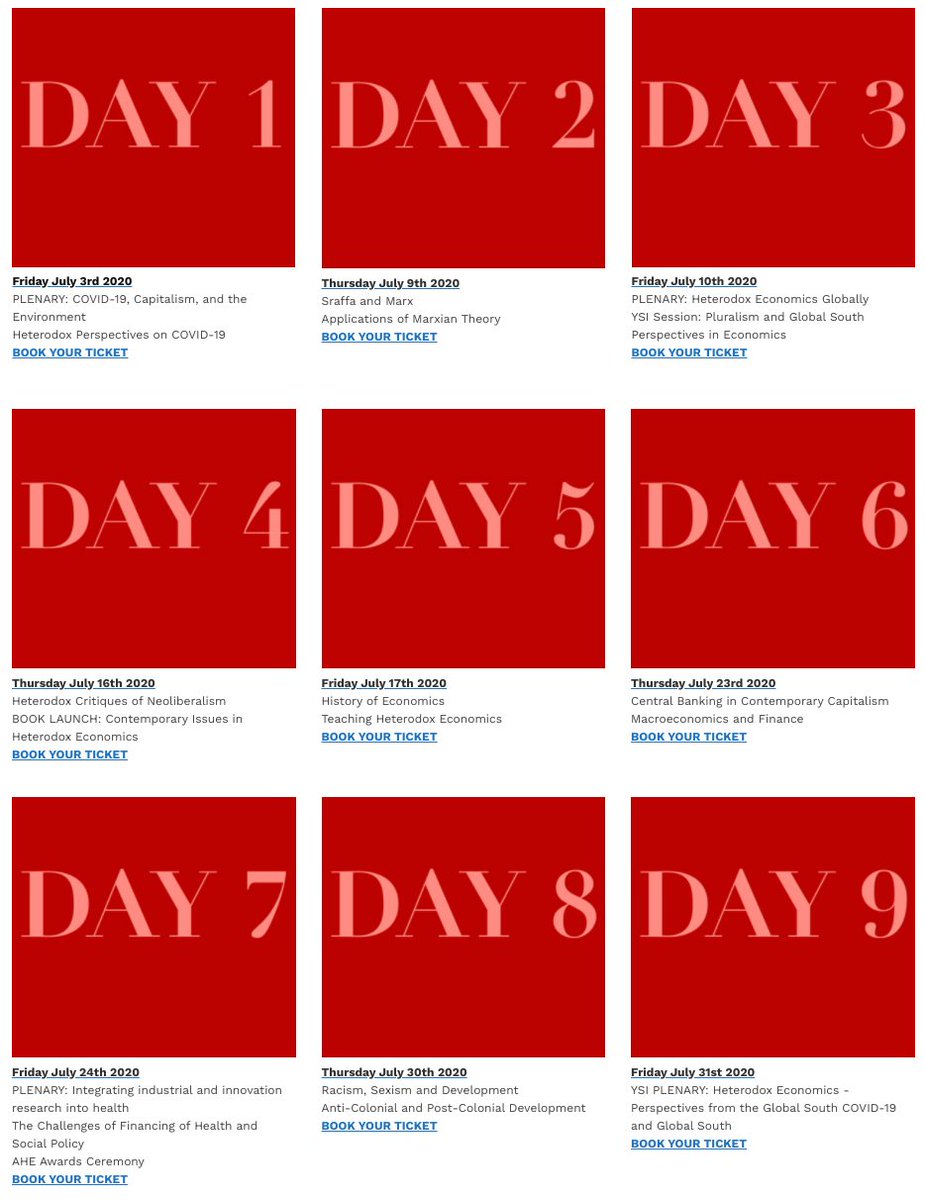
And we're so excited to work with @ysi_commons on this & glad we managed to adapt our collaboration to the online format! Also grateful for @York_IGDC sponsorship. Details on YSI sessions 👇
https://twitter.com/SurbhiKesar/status/1276881615835324421?s=20
The #AHE2020Forum is up! As @hetecon had a high # of quality submissions & only limited # of webinar slots, this is running asynchronously. Here, you can read, ask questions & comment on scholars' papers. 8 "panels" and more than 30 papers are now up: ahe2020.forumotion.com 
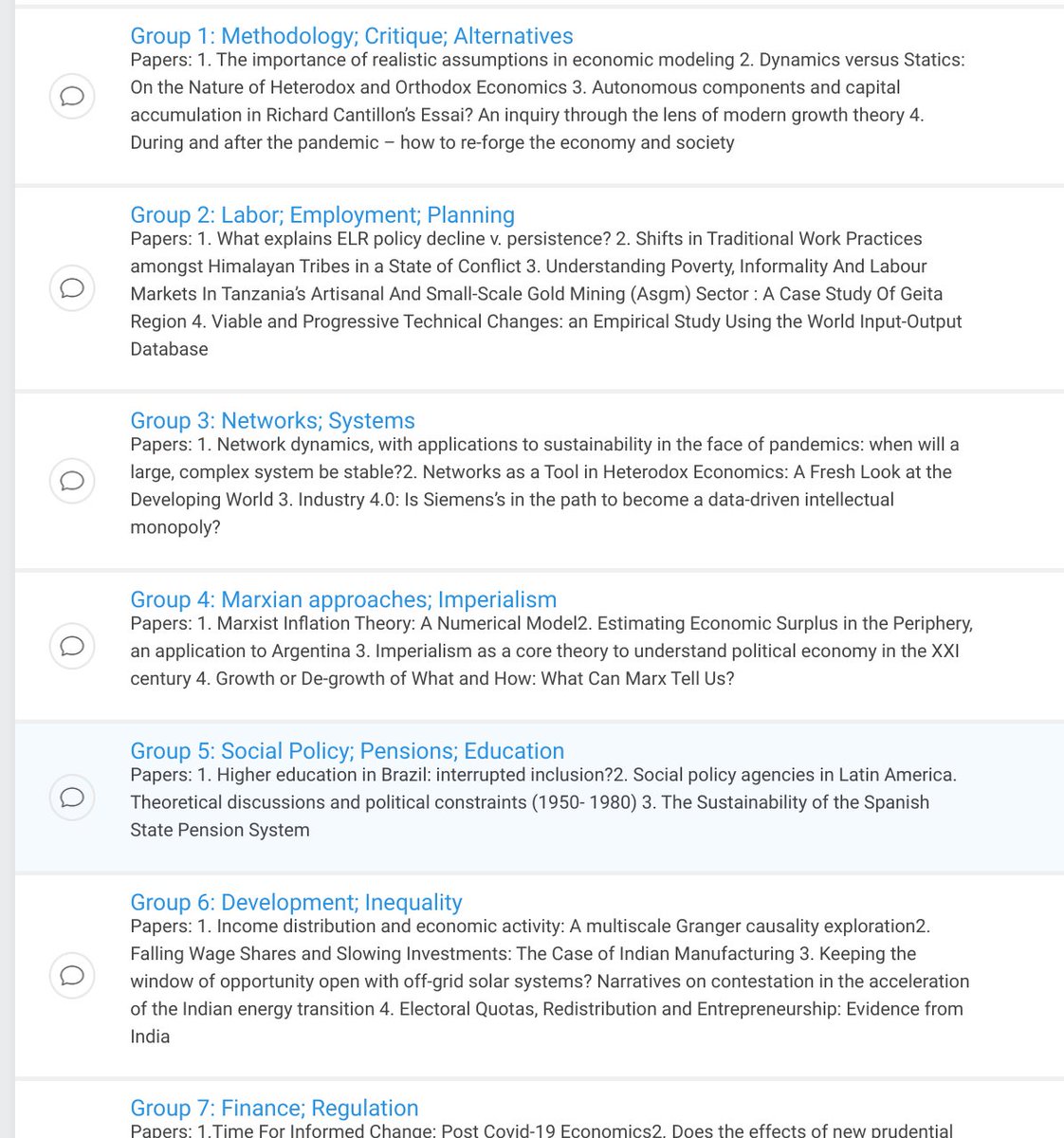
While moving everything online caused a lot of extra work, it also made it possible for us to more easily involve panelists & participants from across the world! Almost 250 have registered for the opening plenary so far. Get your ticket for this afternoon👇
https://twitter.com/ingridharvold/status/1278030560439545857
Many of the full papers that will be presented at the conference are already up, including some that will be discussed this afternoon! #AHE2020
hetecon.net/2020-papers-an…
hetecon.net/2020-papers-an…
• • •
Missing some Tweet in this thread? You can try to
force a refresh







